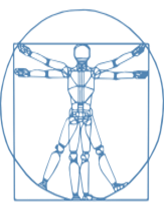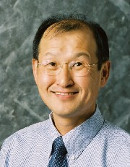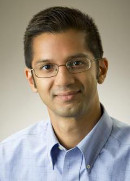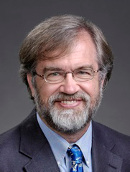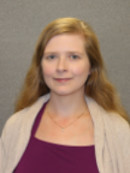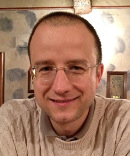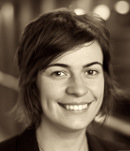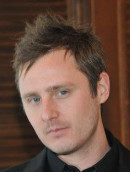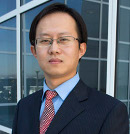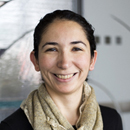
Assistant Professor
Electrical Engineering and Computer Science
University of Michigan
Dr. Necmiye Ozay received her Ph.D. in Electrical Engineering from Northeastern University, Boston, MA in 2010. Between 2010 and 2013, she was a Control and Dynamical Systems postdoctoral scholar at the Department of Computing and Mathematical Sciences at California Institute of Technology, Pasadena, CA. Currently, She is an assistant professor of Electrical Engineering and Computer Science at the University of Michigan, Ann Arbor, MI. Her research interests include dynamical systems, control, optimization and formal methods with applications in cyber-physical systems, system identification, verification and validation, and autonomy and vision. Her papers received several awards including an IEEE Control Systems Society Conference on Decision and Control Best Student Paper Award in 2008. She received a DARPA Young Faculty Award in 2014 and an NSF CAREER Award in 2016. She was selected as an Outstanding Reviewer of the IEEE Transactions on Automatic Control in 2011.
